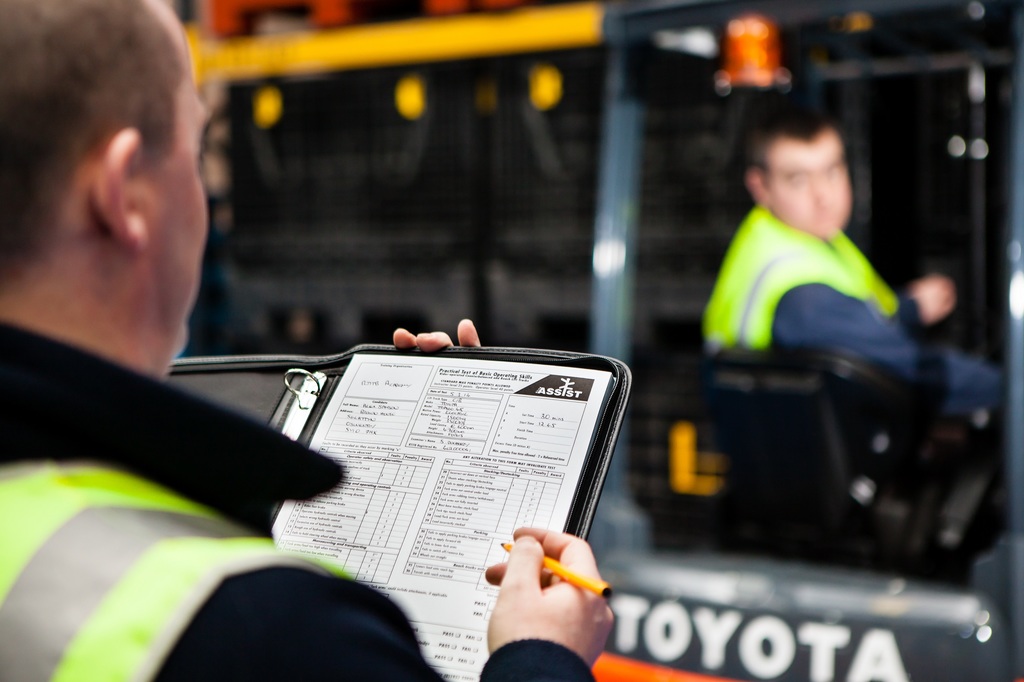| Home> | Lift trucks | >Fleet management | >Agency workers at risk due to lack of lift truck training |
Agency workers at risk due to lack of lift truck training
11 December 2018
Workplace accidents, injuries and fatalities are frequently occurring as employers fail to check the qualifications and training credentials of agency staff working in lift truck operations, warns RTITB.

“All too often lift truck incidents hit the headlines,” says Laura Nelson, Managing Director for RTITB, the preferred regulatory body for workplace transport training. “Recently we have seen several cases where agency workers or temporary employees have been involved in accidents, many of which could have potentially been avoided if employers were more diligent about training.”
Figures from Health and Safety Executive (HSE) show that half of fatal accidents in the workplace happen during a worker’s first ten days on site, with half of these occurring on their very first day. New starters, whether they are agency workers or expected to be on-site for only a short period of time, are vulnerable to greater risk due to a lack of experience and familiarity. According to the HSE, a reluctance to raise concerns, or a lack of knowledge around how to do so, can also pose a problem.
“Whether an operator is on site for one day as a temporary employee or longer as a permanent team member, employers must make sure that they undergo suitable and sufficient specific and familiarisation training for the machine type they are required to operate and have the evidence to prove it,” Laura continues, explaining that this is important both for safety, and for legal compliance.
“It’s also important to assess the practical skill level of new starters and monitor their performance closely – not all MHE training is created equal so remedial training might be needed to fill knowledge gaps and correct bad habits,” Laura says. “This is where correct management and supervision plays an extremely important role.”
The RTITB course, Managing & Supervising Material Handling Equipment (MHE) Operations, enables managers and supervisors to identify their responsibilities within MHE operations, as well as take important steps to minimise risk in the workplace.
- Practical training could resume from April 12
- Highlighting common risks
- Supporting safety and standards
- Risks increased by unaccredited in-house training
- Who’s responsible for LGV and cyclist collisions?
- Spot fraudulent operator certificates
- Keeping up to date
- Instructor Development Days to boost careers
- Remember to refresh your forklift drivers
- MHE instructor course to launch










/GRABOMATIC LOGO-tn.jpg)
















